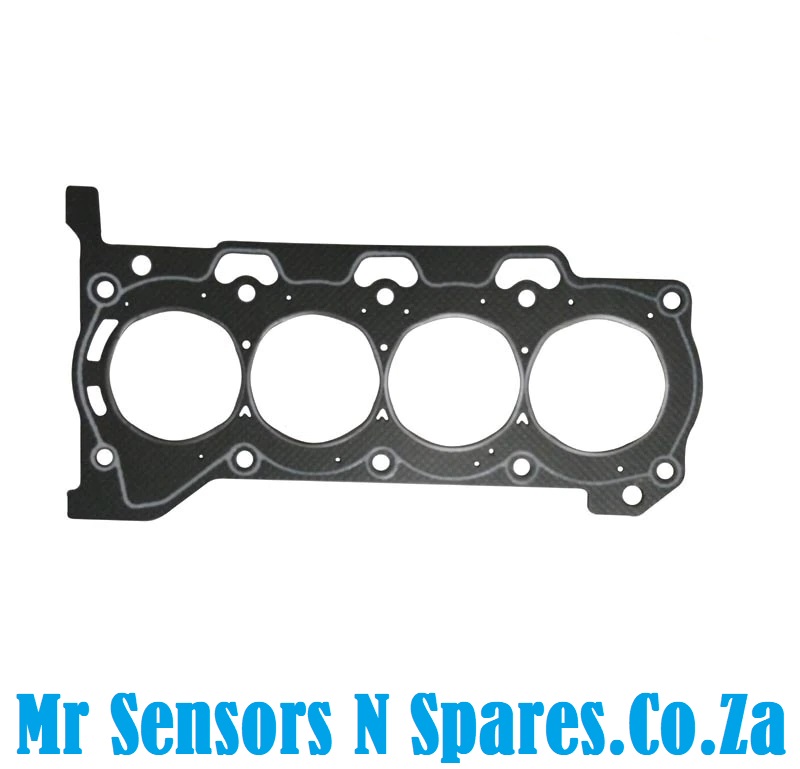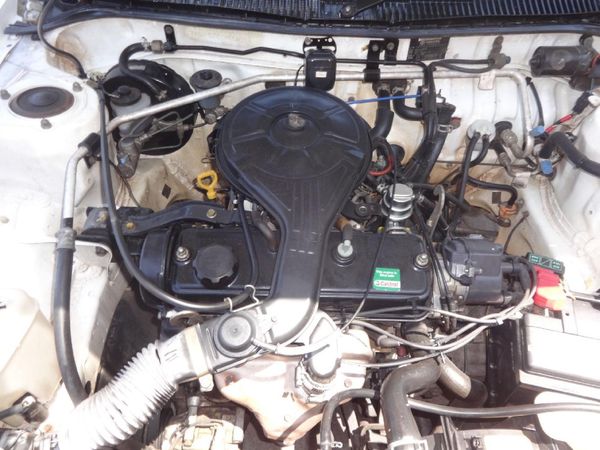Toyota Tazz: An Affordable Car That Doesn’t Compromise on Quality
Discover the most up to date Fads in Engine Innovation Via Tazz
In the quickly progressing landscape of automotive technology, Tazz stands at the leading edge, highlighting significant innovations in engine systems that prioritize both development and sustainability. From hybrid engines that optimize fuel effectiveness to the appearance of hydrogen gas cells, the fads shaping modern-day powertrains are not just boosting efficiency yet additionally addressing essential environmental obstacles.
Crossbreed Engine Innovations
Hybrid engine innovations represent a pivotal shift in auto modern technology, combining the advantages of interior combustion engines with electric propulsion systems. This integration not just improves fuel efficiency yet additionally decreases emissions, meeting increasingly stringent environmental regulations. By using both power sources, hybrid engines can optimize performance, supplying power when needed while saving fuel during less requiring driving problems.
Current advancements in crossbreed technology include improvements in battery performance and regenerative braking systems. These technologies enable greater power healing throughout deceleration, which can be redirected to help in acceleration or power auxiliary systems. Makers are concentrating on light-weight materials and small layouts to make the most of the performance of crossbreed powertrains.
The growth of plug-in hybrids has actually also broadened the market, allowing drivers to charge their cars using conventional electric outlets. This attribute frequently permits significant all-electric range, more reducing dependence on typical fuels. tazz. As the auto sector proceeds to advance, hybrid engine technologies are expected to play an important role in connecting the space in between traditional automobiles and fully electrical models, supplying a transitional solution that accommodates varied consumer requirements and preferences
Breakthroughs in Electric Powertrains
The vehicle landscape is swiftly advancing, with electrical powertrains becoming a leading pressure in lasting transportation. Developments in electrical car (EV) innovation are considerably enhancing performance, user, and efficiency experience. Trick technologies include enhancements in battery chemistry, which have actually boosted power thickness, lowered charging times, and extended overall battery life.
Solid-state batteries, for instance, guarantee to revolutionize the marketplace by supplying higher security and efficiency compared to standard lithium-ion cells. Improvements in regenerative braking systems are making it possible for vehicles to recoup energy during slowdown, adding to general performance.
Along with battery technology, electric motor designs are becoming much more sophisticated. Technologies such as integrated electric motors and progressed thermal administration systems are aiding to enhance power shipment and reduce weight, inevitably enhancing lorry characteristics.

Collectively, these advances underscore the dedication to shift towards cleaner, extra effective transportation services, placing electric powertrains at the forefront of auto technology.
The Surge of Hydrogen Gas Cells
Progressively, hydrogen gas cells are acquiring grip as a feasible alternative to traditional internal combustion engines and battery electrical automobiles. This innovation takes advantage of the chemical power stored in hydrogen, transforming it right into electrical power via an electrochemical response with oxygen. The primary by-product of this procedure is water, making hydrogen gas cells an eco-friendly choice with zero discharges at the tailpipe.

Automakers are significantly investing in hydrogen fuel cell modern technology, identifying its capacity for long-range applications and rapid refueling capacities that equal conventional fuels. Furthermore, markets such as durable transport and public transit are specifically fit for hydrogen fuel cells, where battery electric services might fall short because of weight and range restrictions.
As research study and financial investment remain to expand, hydrogen gas cells are positioned to play a considerable role in the future landscape of clean transport and power options.
Enhancements in Internal Combustion Engines
Developments in internal combustion engine (ICE) modern technology are changing typical automobiles to meet contemporary environmental criteria and performance expectations. Direct fuel shot, for instance, permits for far better atomization of fuel, leading to more complete burning and boosted power output.
Additionally, turbocharging has actually gained prestige, allowing smaller sized engines to supply greater efficiency without the weight of larger engines - tazz. This technology not just improves effectiveness but likewise adds to lower gas consumption. Variable valve timing systems are additionally being refined, allowing engines to adapt to various driving problems for improved torque and responsiveness
In addition, the use of light-weight products in engine building is becoming common, additional improving gas performance by decreasing total lorry weight. Engine control devices (ECUs) are increasingly innovative, making page it possible for real-time adjustments that enhance efficiency and discharges.
These enhancements collectively represent an essential shift in ICE technology, straightening with worldwide sustainability objectives while still giving the performance chauffeurs anticipate from their vehicles. As the industry progresses, these renovations remain to shape the future of conventional automotive engineering.
Future Trends in Engine Performance
Substantial improvements in engine effectiveness are anticipated as manufacturers focus on integrating advanced technologies to fulfill stringent environmental laws and consumer needs. The change towards electrification, crossbreed systems, and alternate fuels is reshaping the automobile landscape, driving advancements that boost fuel economy and reduce discharges.
Among the essential fads is the execution of innovative materials and manufacturing strategies. High-strength alloys and light-weight compounds add to reduced vehicle weight, hence improving overall performance. Furthermore, the fostering of turbocharging and variable valve timing modern technologies permits boosted power result from smaller sized engines, even more improving gas economy.

Conclusion
To conclude, the expedition of engine modern technology exposes significant advancements that focus on sustainability and pop over to this web-site effectiveness. Advancements in crossbreed engine systems, electrical powertrains, and hydrogen gas cells show a commitment to minimizing emissions while enhancing performance. Moreover, enhancements in inner burning engines and a focus on light-weight materials add to overall engine performance. As the automotive market remains to advance, these patterns will play a vital function fit a cleaner and even more lasting future for transportation.
From hybrid engines that enhance gas effectiveness to the development of hydrogen fuel cells, the patterns forming modern-day powertrains are check this not just boosting efficiency yet likewise addressing crucial ecological challenges.Crossbreed engine developments stand for a pivotal shift in vehicle modern technology, combining the advantages of internal combustion engines with electrical propulsion systems.Additionally, turbocharging has gotten prestige, enabling smaller sized engines to deliver higher efficiency without the weight of larger engines. Additionally, the adoption of turbocharging and variable valve timing technologies permits for boosted power outcome from smaller sized engines, further boosting gas economy.
Improvements in internal burning engines and a focus on light-weight materials contribute to overall engine performance.